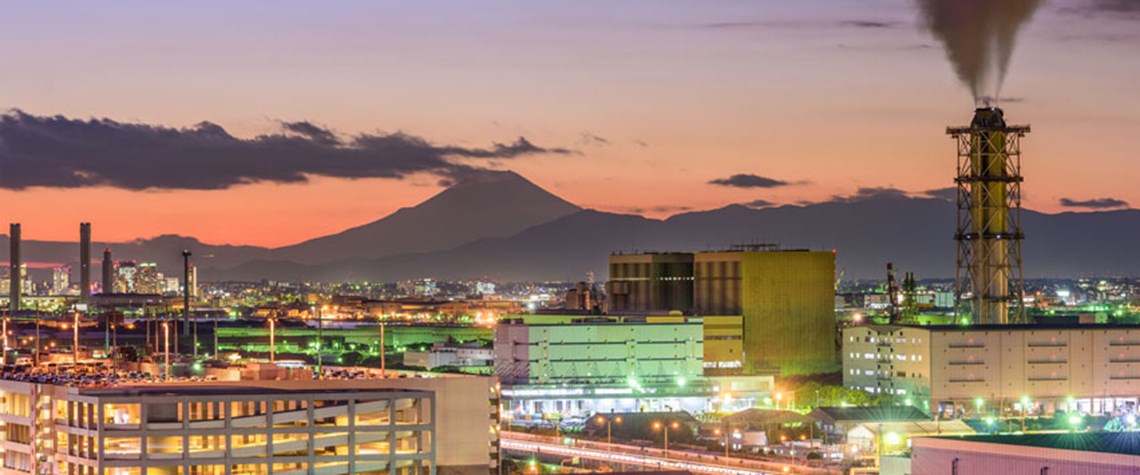Decarbonising LNG: the heat is on
When the largest buyer in the largest consuming country commits to net-zero emissions by 2050, suppliers must start to respond. And they are
The LNG industry has over the past 18 months had to confront much more directly the potentially existential threat of the Paris Agreement. A key element of that agreement—“to achieve a balance between anthropogenic emissions by sources and removals by sinks of greenhouse gases (GHGs) in the second half of this century”—has spurred companies, countries and even continents to pledge net-zero GHG emissions by 2050. It can be argued that the LNG industry should have responded sooner, given the Paris Agreement was reached in 2015. Belatedly, it was a series of events in 2020 that proved to be the spark for the current explosion of interest in so-called carbon-neutral LNG. Customer-led “In the spa

Also in this section
4 March 2026
The US president has repeatedly promised to lower gasoline prices, but this ambition conflicts with his parallel aim to increase drilling and could be upended by his war against Iran
4 March 2026
With the Strait of Hormuz effectively closed following US-Israel strikes and Iran’s retaliatory escalation, Fujairah has become the region’s critical pressure release valve—and is now under serious threat
3 March 2026
The killing of Iran’s Supreme Leader Ayatollah Khamenei in US–Israeli strikes marks the most serious escalation in the region in decades and a bigger potential threat to the oil market than the start of the Russia-Ukraine crisis
2 March 2026
A potential blockade of the Strait of Hormuz following the escalating US-Iran conflict risks disrupting Qatari LNG exports that underpin global gas markets, exposing Asia and other markets to sharp price spikes, cargo shortages and renewed reliance on dirtier fuels







